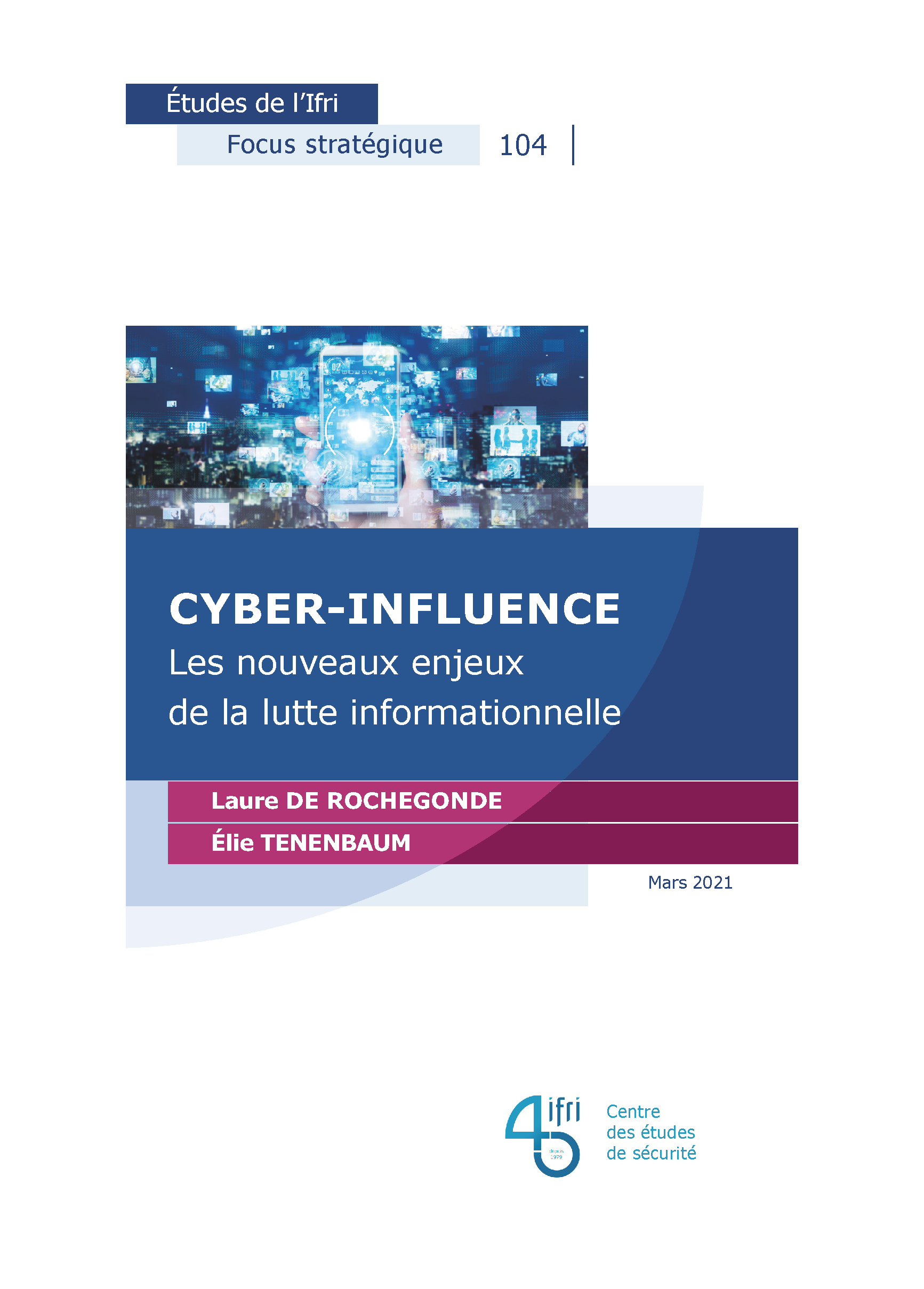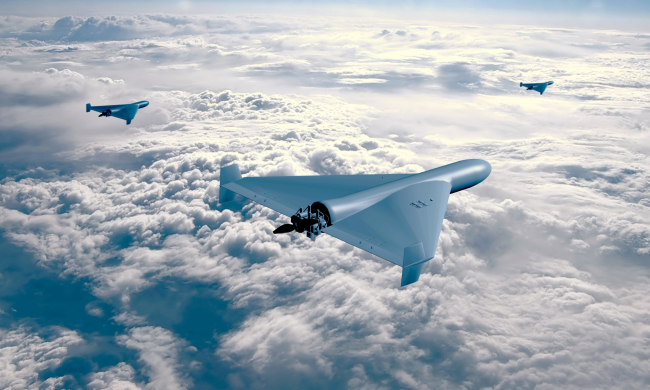Cyber-influence : les nouveaux enjeux de la lutte informationnelle

The coming of age of a digital “info sphere” has dramatically changed the nature of military information support strategy.

Though information operations are as old as war itself, armed forces have had to adapt their strategies to establish themselves in cyberspace. On the top of non-state actors such as the Islamic State using in its asymmetrical warfare way, great powers like China, the United States and Russia have been particularly active in this field of cyberspace information operations. In the near future, the development of artificial intelligence and personalization techniques, the modification of content or the use of blockchain are likely to disrupt even more the military approaches to information warfare. The transformation of this domain therefore poses many challenges to the armed forces, which must adapt to a confrontation that goes well beyond their ordinary scope. It is now up to France to get the measure of these issues, and to adapt accordingly in terms of strategy and capabilities.
This content is available in French: Cyber-influence : les nouveaux enjeux de la lutte informationnelle.

Available in:
Regions and themes
ISBN / ISSN
Share
Related centers and programs
Discover our other research centers and programsFind out more
Discover all our analysesA Fragile Consensus? The Pressure on the Norm Against Nuclear Testing
Apart from North Korea, no state has conducted explosive nuclear tests in the 21st century, reflecting the emergence of a strong international norm against such testing.
The Franco-German Brigade and the Revival of European Defense
One thing has been clear since Donald Trump's return to the White House: the very existence of the European unification project is threatened. Unless it develops a sovereign defense policy to counter the war in Ukraine and the weakening of American security guarantees, the European Union will continue to see its internal cohesion and external attractiveness wane.
Taking the Pulse: Can Europeans Build Their Independent Extended Nuclear Deterrent?
Confronted with a U.S. disengagement and the Russian threat, Europeans are reconsidering their stance on nuclear deterrence. Given the capabilities of the French and British arsenals, can Europe develop an independent nuclear deterrent?

RAMSES 2024. A World to Be Remade
For its 42nd edition, RAMSES 2024 identifies three major challenges for 2024.












